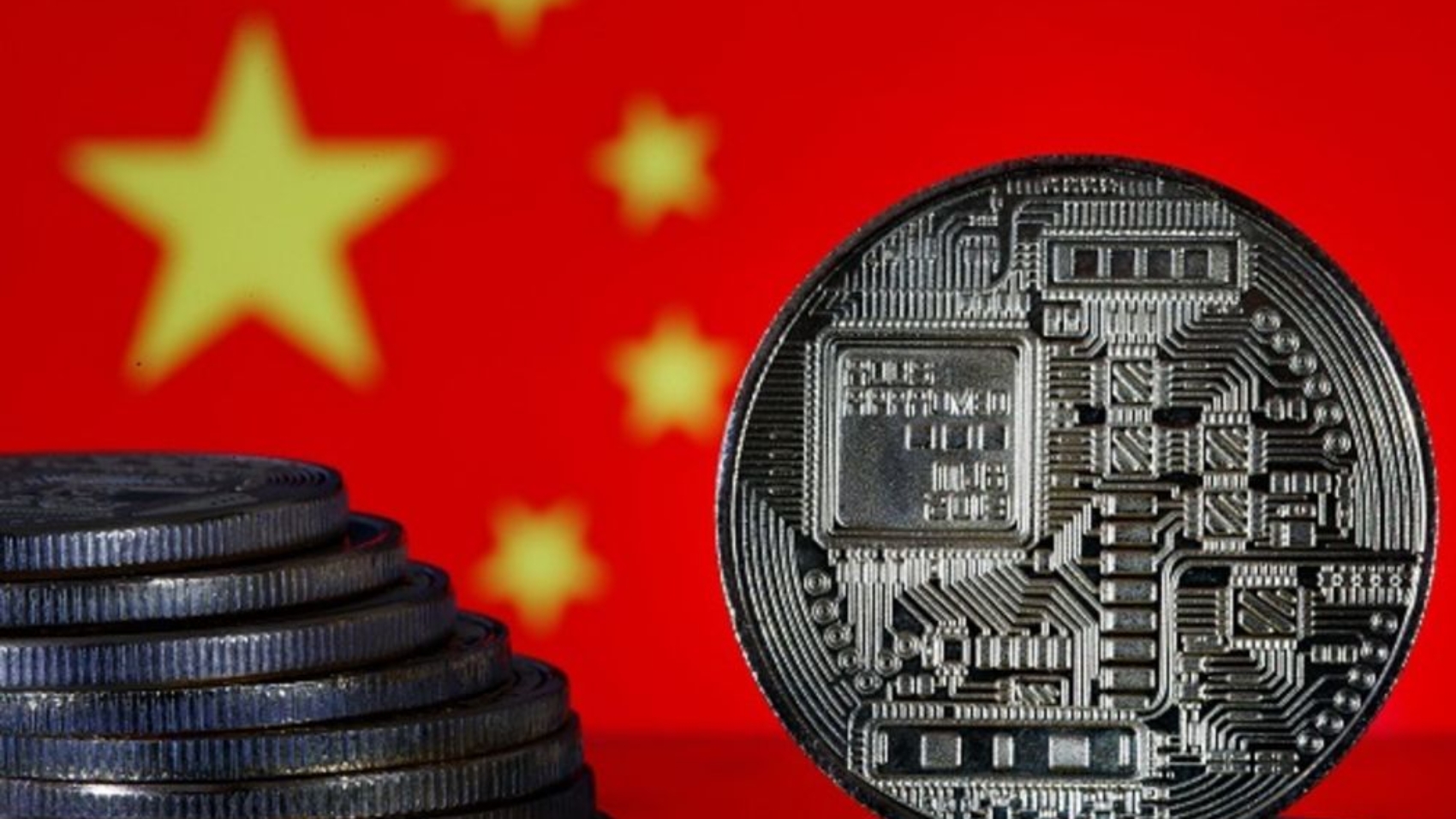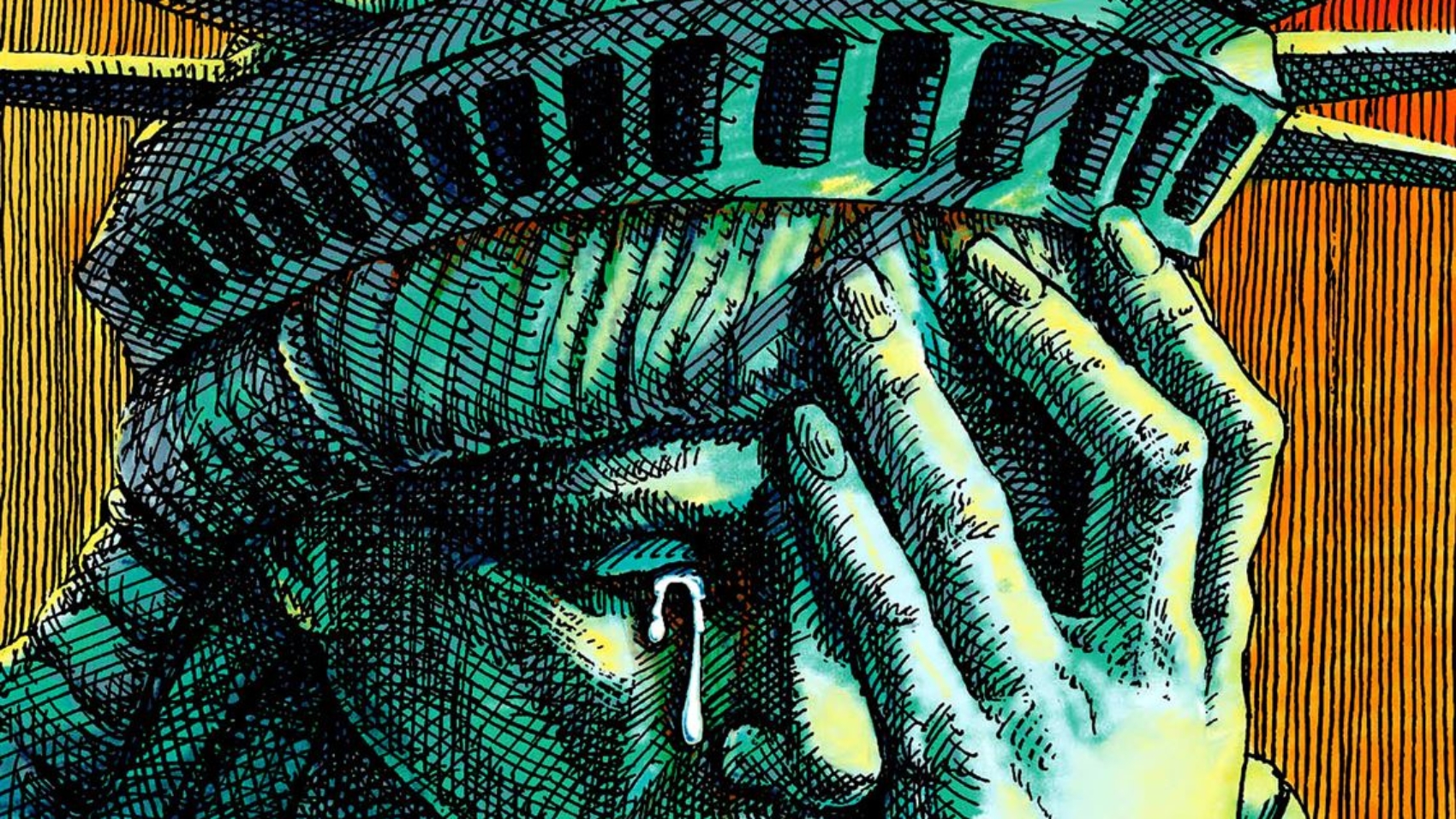Hong Kong—Welcome to the Battle of Bitcoin
Brett Holmes, writing from Mexico City
Editor’s Note: Few would dispute that China’s recent crackdown on cryptocurrency trading and mining has contributed to the recent plunge in the value of bitcoin, Ethereum, and other cryptos. But while the argument rages about whether the volatility of cryptos is a sign of fundamental weakness or merely a bump in the road, the initiatives coming out of Beijing are seen as a sign of China’s attempts to incubate its own fledgling e-currency and reboot the international financial system.
This post from our 2019 archives shows the escalation of this war against Bitcoin and crypto started with a battle in the former British colony of Hong Kong on August 28, 2019.
A new war is being waged, thanks to the pro-democracy, anti-government protest movement in Hong Kong.
We’ve had cold wars, world wars, the War on Terror, and proxy wars. We now have the Battle of Bitcoin, and there’s no doubt that the battle hymn of the crypto republic is playing right now in the streets of Hong Kong.
Even with volatility in the markets, bitcoin is trading at a premium in Hong Kong, likely because Hong Kong’s current laissez-faire capitalist economy may soon be a thing of the past. The sudden drop in bitcoin’s price on August 28 can be best explained by a looming Chinese threat to block capital flows out of Hong Kong, with the bitcoin network as its primary target.
While Chinese government officials can be accused of many things, stupidity isn’t one of them. Xi’s regime will not fall into the trap of sending tanks into Hong Kong. Having a sequel to Tiananmen Square broadcast live on Twitter is not in their best interest.
Indeed, the Chinese will continue to rattle their swords in order to stir up fear, but there definitely won’t be military boots on the ground. Instead, the Chinese will create the financial equivalent of a naval blockade of Hong Kong. In this case, navy ships won’t be involved like they were in the prolonged British naval blockade of Germany in World War I. They will do their best to ensnare the many fortunes tied up in Hong Kong real estate, investment institutions, and global currencies.
And the first target? Bitcoin: the apolitical, borderless currency that has surged against a backdrop of other forms of economic activism. And, from the perspective of the Communist Party of China, it’s a perfectly sensible response.
As protesters initiate actions to withdraw as much money as possible from their bank accounts, as preemptive protection of their personal assets and a not-so-subtle warning to Chinese authorities, Crypto has become a prime target. It was reported by Reuters in June that a number of Hong Kong’s tycoons—a city which counts 853 individuals worth more than $100 million—had begun to move their personal wealth offshore.
Should the protest movement fail to prevent China’s divisive extradition bill from becoming law, the Chinese government will have the right to demand that Hong Kong courts freeze and confiscate assets related to crimes committed on the mainland.
The crypto price drops this week demonstrates that the Chinese government can and will do anything in its power to manipulate cryptocurrency markets.
Much of the computer power used to maintain the bitcoin blockchain network resides in China. Entities are referred to as miners because they receive a reward for providing computing power to the bitcoin network. The more power that they provide the network, the greater their reward. If the Chinese are intent on negatively manipulating bitcoin and other cryptocurrencies—thus mitigating the flow of capital from Hong Kong—communist officials can pressure Chinese miners, affecting the massive flow of electricity to cryptocurrency mining facilities.
And, by the way, the Chinese government is also in control of the Internet. If the bitcoin network suddenly slows to the speed of an antiquated AOL dial-up account, crypto suffers and the Chinese discover a new lever against the free market system.
Even with the trade war having no impact on China’s rise as a world power, to date, the Xi government has not witnessed anything on the scale of Hong Kong. Arguably, neither has anyone else, as an organized, unified revolt of this nature is heretofore unheard of in major global financial centers.
Ironically, the only way a communist can truly fight a capitalist is to limit the free flow of capital. Although bitcoin is a fraction of other larger markets, such as equities, the crypto asset is both a symbol of free-thinking and a way for people to move capital so they may live life on their own terms. And invest on their terms.
If the Chinese want to disrupt that idea of free-thinking, and free-spending, there’s no better target than bitcoin.
But a word to the wise: Bitcoin is stronger and more resilient than the Chinese or, for that matter, any other sovereign government. In the global struggle of Man vs. the Politburo, I invite the Chinese to take their best shot.
Brett Holmes is co-founder and a partner of Sovereign X and resides in San Miguel de Allende.










